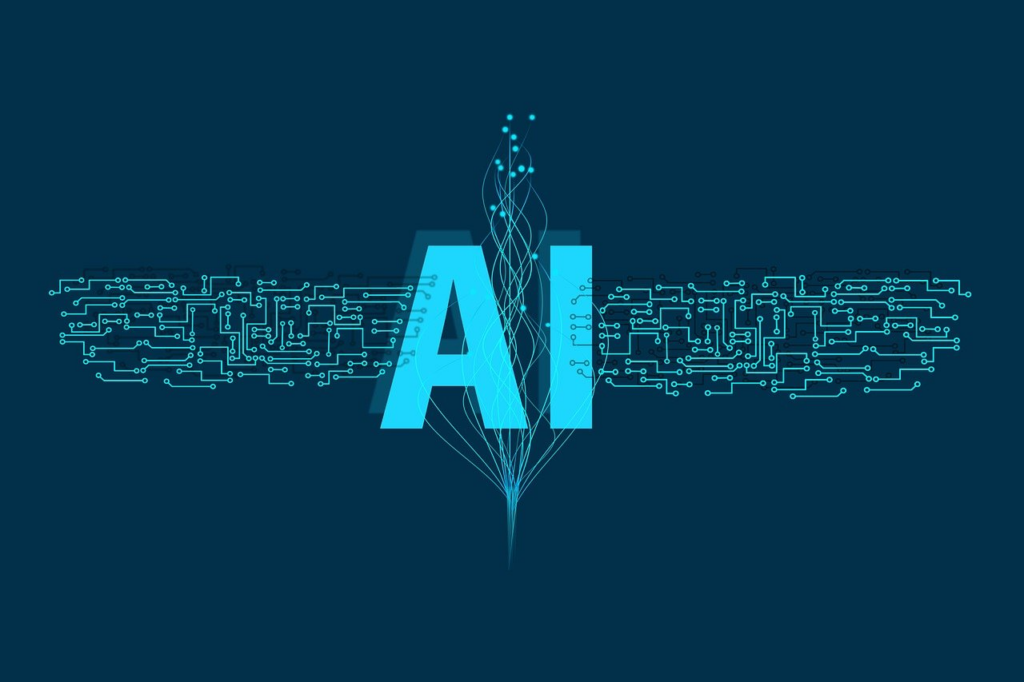
Artificial Intelligence (AI) has rapidly become a transformative force across various sectors, shaping how we interact with technology on a daily basis. From smart assistants to advanced analytics, AI is embedded in numerous applications, enhancing convenience and efficiency. Here, we’ll explore some specific areas where AI is making a significant impact in our everyday lives.
1. Smart Assistants: Your Personal AI
Smart assistants like Amazon’s Alexa, Apple’s Siri, and Google Assistant have revolutionized how we manage our daily tasks. These AI-powered tools can set reminders, control smart home devices, play music, and even provide real-time weather updates—all through voice commands. The more we use these assistants, the more they learn about our preferences, leading to increasingly personalized interactions.
- Example: Users can ask their smart assistants to create shopping lists or control their smart thermostats, making home management more efficient.
2. Healthcare: AI-Driven Diagnostics

In healthcare, AI is proving to be a game changer, particularly in diagnostics. Machine learning algorithms analyze medical images, such as X-rays and MRIs, to identify conditions like tumors or fractures with remarkable accuracy. This capability not only speeds up diagnosis but also reduces human error.
- Example: Companies like Zebra Medical Vision use AI to analyze medical imaging data, enabling faster and more accurate detection of diseases, which can be life-saving for patients.
3. Personalized Recommendations: Shopping and Streaming
AI algorithms are behind the personalized experiences we enjoy on platforms like Netflix, Spotify, and Amazon. By analyzing user behavior and preferences, these platforms recommend movies, music, or products tailored to individual tastes, enhancing user engagement and satisfaction.
- Example: Netflix’s recommendation engine analyzes viewing history and ratings to suggest shows and movies you’re likely to enjoy, keeping viewers engaged and reducing churn.
4. Autonomous Vehicles: The Future of Transportation
While still in development, AI-powered autonomous vehicles are set to revolutionize transportation. Companies like Tesla and Waymo are using machine learning algorithms to enable cars to navigate complex environments, interpret traffic signals, and avoid obstacles.
- Example: Tesla’s Autopilot feature utilizes AI to assist with driving, providing lane-keeping assistance and adaptive cruise control, enhancing both safety and convenience for drivers.
5. Customer Service: AI Chatbots
Businesses increasingly deploy AI chatbots to handle customer inquiries, provide support, and even process transactions. These chatbots can operate 24/7, offering immediate assistance and freeing human agents to focus on more complex issues.
- Example: Companies like Zendesk use AI chatbots to improve customer service experiences, answering FAQs, and guiding users through troubleshooting processes without long wait times.
6. Financial Services: Fraud Detection
In the financial sector, AI is employed to enhance security through advanced fraud detection systems. Machine learning algorithms analyze transaction patterns in real-time to identify anomalies that could indicate fraudulent activity.
- Example: Companies like PayPal utilize AI to monitor transactions and automatically flag suspicious activity, protecting users from potential fraud while minimizing false positives.
Conclusion: Embracing the AI Revolution
The integration of AI into our everyday lives is not just a trend; it’s a fundamental shift in how we interact with technology. From enhancing personal convenience to transforming industries, AI is paving the way for a smarter, more efficient future. As these technologies continue to evolve, it’s essential for us to embrace the benefits while also considering the ethical implications of AI in our society.
Whether it’s through smarter homes, more efficient healthcare, or enhanced customer experiences, AI is poised to play a pivotal role in shaping our daily lives for years to come. As we navigate this AI-driven world, staying informed and adaptable will be key to maximizing the potential of these exciting technologies.



